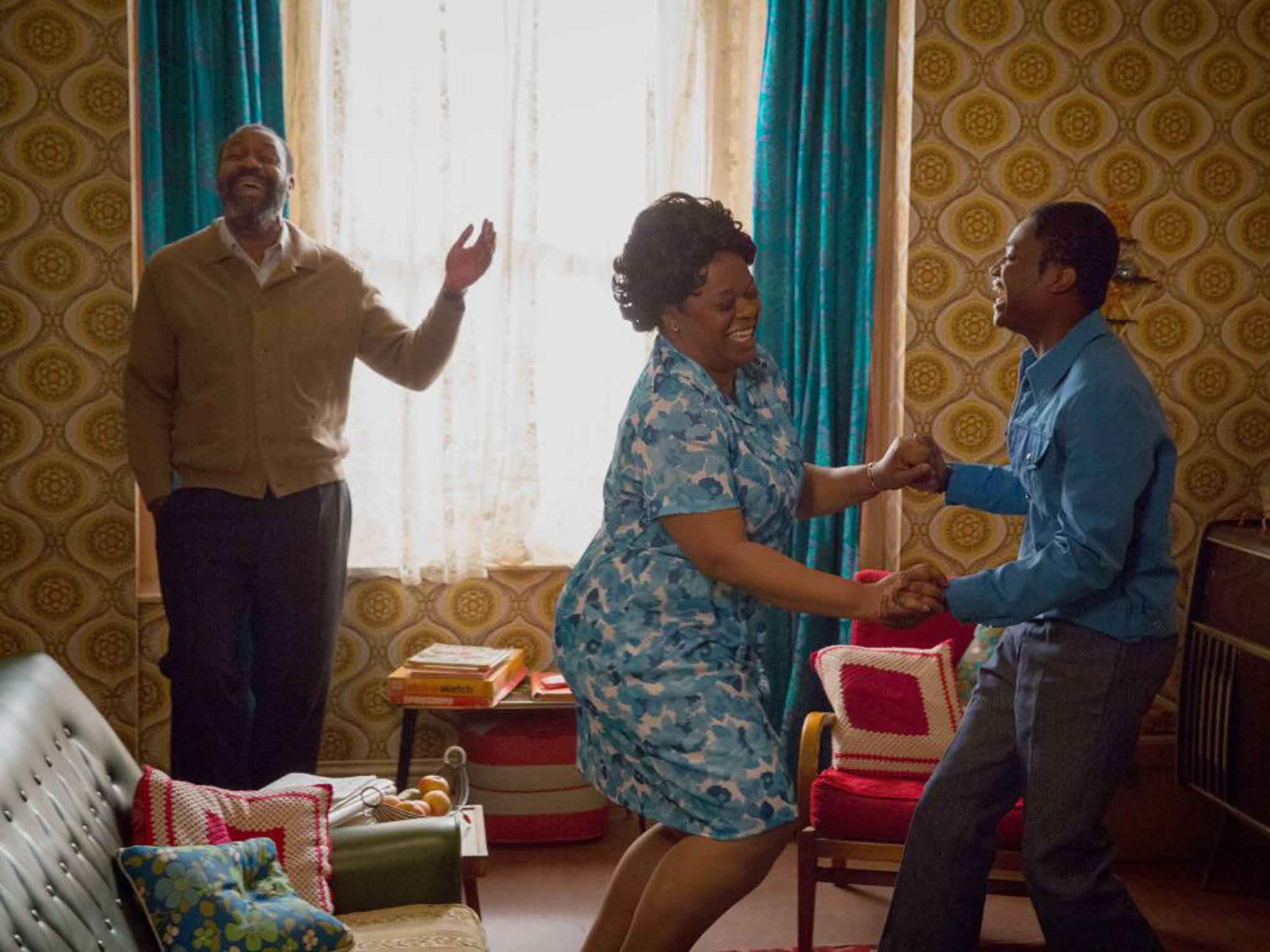Danny and the Human Zoo, BBC1 - TV review: Forty years after his big break, Lenny Henry shows not a lot has changed on screen
How much were we to read into Henry's casting of himself as the British Leyland factory worker who was incapable of happiness?

Your support helps us to tell the story
From reproductive rights to climate change to Big Tech, The Independent is on the ground when the story is developing. Whether it's investigating the financials of Elon Musk's pro-Trump PAC or producing our latest documentary, 'The A Word', which shines a light on the American women fighting for reproductive rights, we know how important it is to parse out the facts from the messaging.
At such a critical moment in US history, we need reporters on the ground. Your donation allows us to keep sending journalists to speak to both sides of the story.
The Independent is trusted by Americans across the entire political spectrum. And unlike many other quality news outlets, we choose not to lock Americans out of our reporting and analysis with paywalls. We believe quality journalism should be available to everyone, paid for by those who can afford it.
Your support makes all the difference.Lenny Henry grew up in Dudley, so goes one of his favourite jokes, "mainly because there was bugger all else to do". But the tale of how a very young black man – a boy, really – living in a crowded, complicated family home in the Seventies rose to fame and fortune by impersonating white national heroes on television was hardly going to be a boring one.
Even if the first hour or so of this 90-minute one-off drama contained more montage than it did dialogue – and the early-Seventies soundtrack was not selected with great subtlety ("School's Out for Summer" signposted the end of the last day of term; "Tiger Feet" walked us through a summer job in Birmingham Zoo) – Danny and the Human Zoo was a moving and amusing attempt, written by Henry himself, to reveal the depths that might have lurked within a young man who, for many, has become a serious figure only in later life.
Every kind of racism was visited upon the teenage Danny Fearon (Kascion Franklin) – who is of course based on Henry, though truth makes the occasional minor foray into fiction – from the bovver boys to the mean-spirited introductions of MCs in working men's clubs, to the well-meant jokes of his Irish girlfriend's father. "I can't be going out with a black fecker like you, my father'll have me guts for garters," she had previously warned him, though young Danny's TV fame solves that problem, while creating a few more of its own.
That Danny was conned into appearing on The Black and White Minstrel Show by an opportunistic manager – a decision that infuriated his family – was in part explained by his failure to win the New Faces TV talent show, in which he came only third. Of course, in reality, Henry won but still took the job, a decision he explained more than 30 years later, a little unconvincingly, as having been a contractual obligation.
And how much were we to read into Henry's casting of himself, as the British Leyland factory worker, "incapable of happiness", who was in fact, as Danny learnt by way of an unfortunate surprise, not his biological father? There were whole long decades of knob gags and oversized jockstraps and the like before Henry, via a well-received run in Othello, turned himself toward more serious things, and here he was, a dour and unhappy man, warning the young Danny against a life of frivolity, but then ultimately accepting it.
Chiefly, it cannot be ignored, that even this drama, directed rather beautifully by Destiny Ekaragha, was commissioned partly to redress the lack of black new faces on the television. Forty years after Henry's talent show triumph, should it have come to this?
Join our commenting forum
Join thought-provoking conversations, follow other Independent readers and see their replies
0Comments